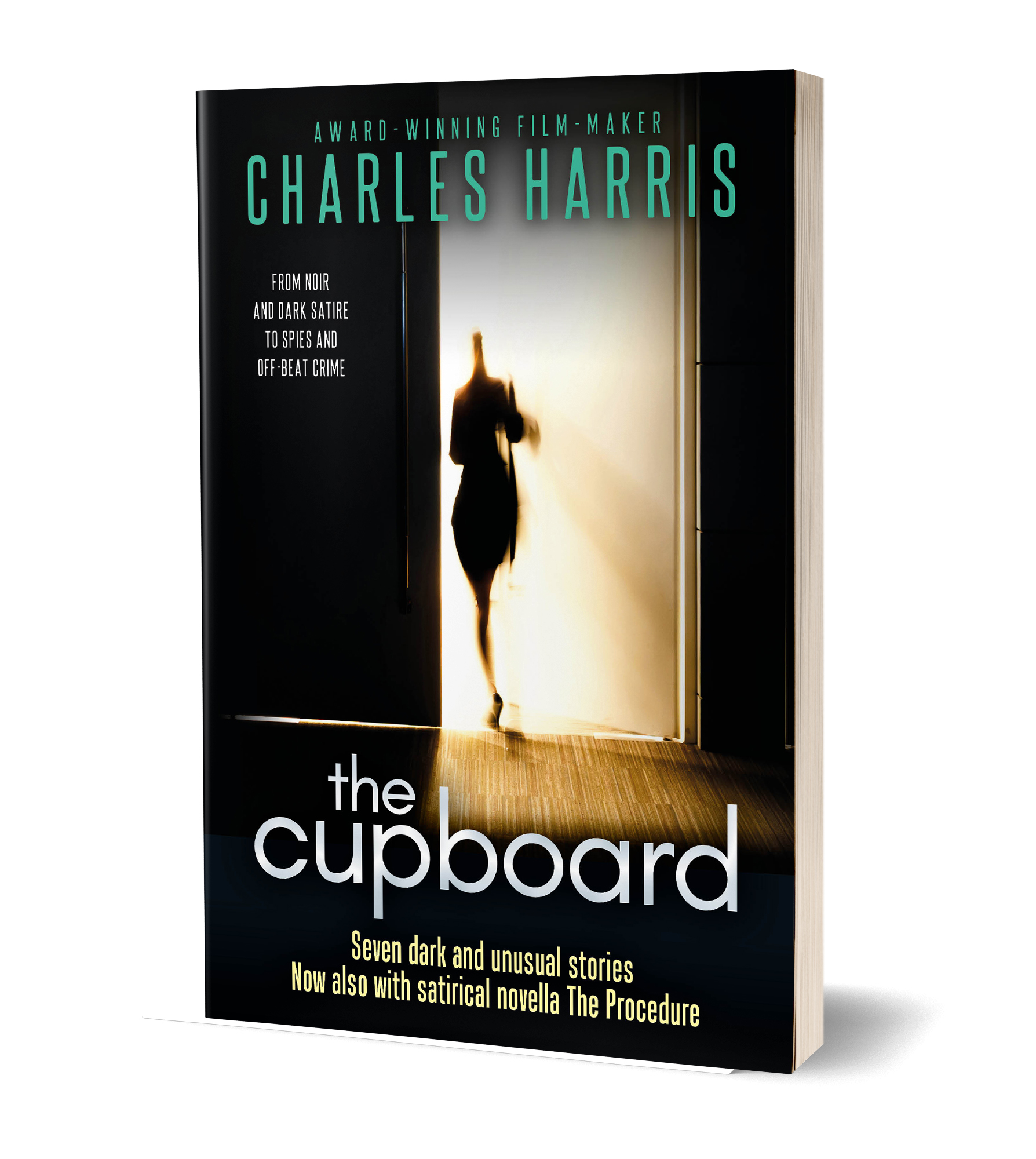Did you pay for that newspaper?
Newspapers are central to our lives, whether we read them or not.
Not only does democracy depend on good reporting but newspapers have traditionally been where writers learned their craft – from Dickens to Orwell.
Today almost every newspaper is failing.
![Varsity newspaper [CC BY-SA 4.0 (https://creativecommons.org/licenses/by-sa/4.0)], via Wikimedia Commons](https://charles-harris.co.uk/wp-content/uploads/2018/12/800px-Varsity_Issue_827.png)
But there could be an answer.
And it costs readers nothing.
The problem with newspapers
Today, all the major nationals, except the Daily Mail are losing money.
For one thing, there are too many free alternatives on the internet.
They’ve tried free on-line versions, paid-for online subscriptions and all variety of combinations, with little financial success.
As a result, owners are slashing budgets and cutting back on essential journalists. It’s mayhem out there.
Stop Press
When I went up to Cambridge as an undergraduate there was one student newspaper. It was called Varsity and it was stuffy and boring. Students bought it because there was no real alternative, but few people liked it.
That year, a group of undergraduates began a rival newspaper, called Stop Press. I went along to help as photographer and dogsbody, because it sounded fun.
Most importantly, because the founders set out to create a radical newspaper that would wake the university up and campaign on important student issues.
But equally importantly, Stop Press was free. Paid for entirely by adverts. We stuffed it into every student pigeon-hole in every college.
Within a very short time, Varsity’s circulation had collapsed and the two papers merged, initially as Stop Press with Varsity, before returning to the old name of Varsity. But now it had the campaigning DNA of Stop Press and it remained free.
I’d seen the future.
I don’t know how long it will take, but I am sure that the only future for newspaper journalism is for newspapers to become free.
Some will be physical, some online, some both. Some local, some national. Some will be paid for by advertising alone, others by subscriptions from readers who believe in them.
Either because the subscription buys them extra valuable services (such as stock market reports). Or because they support their values. Or both.
Not all of them will be good. Some will doubtless be rather bad – filled with click-bait. But some will possibly be very good indeed. Radical, campaigning and thorough.
As was Stop Press.
What do you think?


Tell people what you think